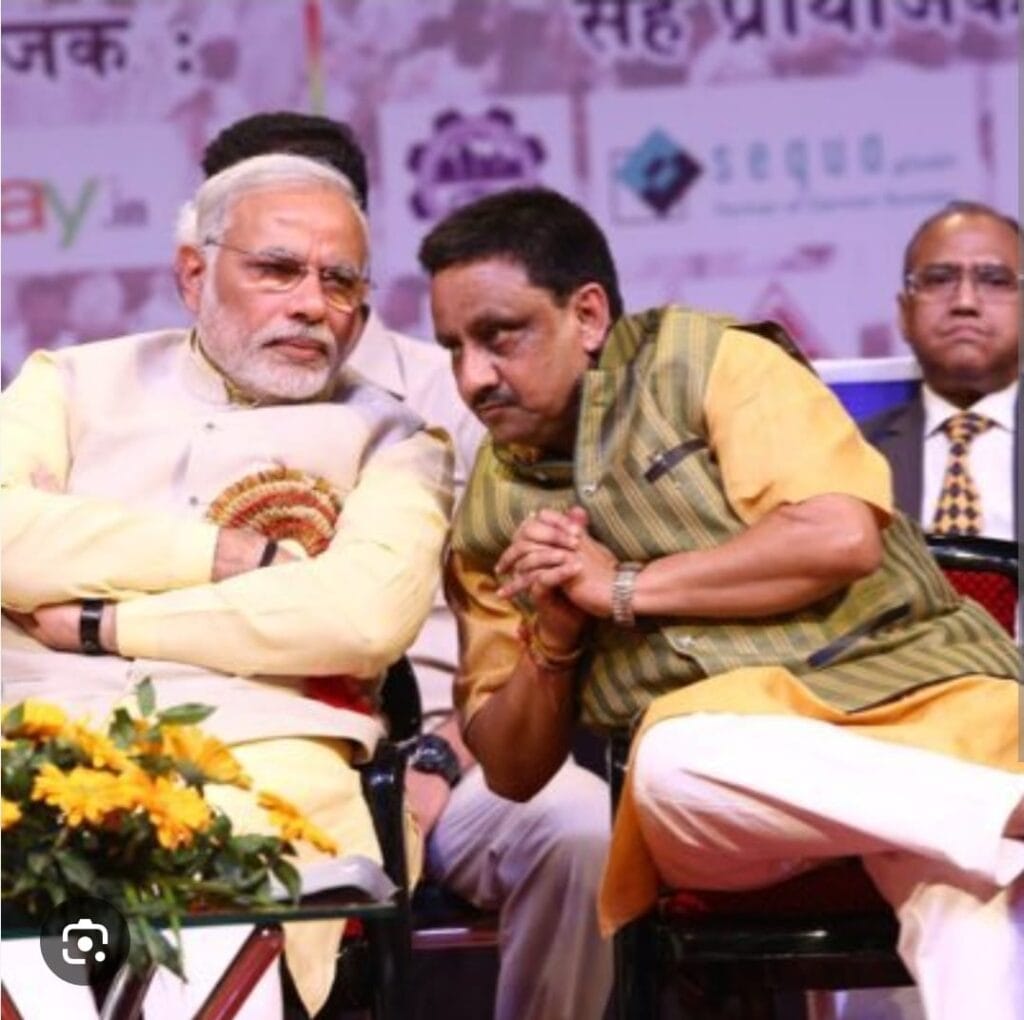The process of delimitation—redrawing the boundaries of electoral constituencies—has emerged as a contentious issue in India’s political landscape. Bharatiya Janata Party (BJP) Member of Parliament Praveen Khandelwal recently criticized opposition parties, including Tamil Nadu Chief Minister M.K. Stalin, accusing them of politicizing delimitation due to diminishing political influence. This article delves into the intricacies of delimitation, the concerns of southern states, and the political dynamics surrounding this debate.

Understanding Delimitation in India
Delimitation in India involves redrawing the boundaries of Lok Sabha and state legislative assembly constituencies to reflect population changes identified in the most recent census. This ensures equitable representation across constituencies. The Delimitation Commission, established under the Delimitation Commission Act, is responsible for this task. Historically, delimitation exercises have been conducted based on census data to maintain balanced representation.
Historical Context and the Freeze on Delimitation
In 1976, during the Emergency period, the Indian government imposed a freeze on delimitation based on population figures from the 1971 census. This decision aimed to promote family planning programs by ensuring states that effectively controlled population growth were not penalized with reduced representation. The freeze was initially set until 2001 but was extended to 2026 through the 84th Amendment to the Constitution in 2002. This extension was intended to allow states more time to stabilize their populations without fearing a loss in parliamentary representation.
The Impending Delimitation and Southern States’ Concerns
With the 2026 deadline approaching, discussions about conducting a new delimitation exercise have intensified. Southern states, such as Tamil Nadu, Kerala, Karnataka, and Andhra Pradesh, which have successfully implemented family planning measures and achieved lower population growth rates, express apprehension. They fear that delimitation based solely on updated population figures could reduce their parliamentary representation in favor of northern states with higher population growth. This potential shift is viewed as a penalty for effective population control and raises concerns about equitable resource allocation and political influence.
Opposition’s Stance: Protecting Federalism and Fair Representation
Chief Minister M.K. Stalin has been at the forefront of opposing the proposed delimitation based on recent census data. He argues that such an exercise would disproportionately favor northern states, undermining the principles of federalism and equitable representation. Stalin emphasizes that states like Tamil Nadu, which have contributed significantly to India’s economic growth and successfully controlled population growth, should not be disadvantaged in parliamentary representation. He advocates for maintaining the current representation framework to ensure that southern states continue to have a substantial voice in national policymaking.
BJP’s Perspective: Accusations of Political Opportunism
In response to the opposition’s concerns, BJP leaders, including Praveen Khandelwal, accuse parties like the Dravida Munnetra Kazhagam (DMK) of politicizing the delimitation issue to safeguard their diminishing political ground. Khandelwal suggests that the opposition is creating a narrative of a North versus South divide to mask their political insecurities and maintain regional strongholds. He asserts that delimitation is a constitutional process aimed at ensuring fair representation and should not be portrayed as a threat to southern states.
Government’s Assurance: No Reduction in Southern States’ Representation
To address the concerns of southern states, Union Home Minister Amit Shah has assured that the upcoming delimitation exercise will not result in a reduction of parliamentary seats for these states. He emphasizes that the objective is to ensure fair representation without compromising the interests of any region. Despite these assurances, skepticism persists among southern leaders, who seek concrete measures to protect their representation in the Lok Sabha.
The North-South Divide: A Deepening Chasm
The delimitation debate has brought to the forefront the longstanding socio-economic and political disparities between India’s northern and southern states. Southern states have traditionally outperformed their northern counterparts in terms of economic development, literacy rates, and healthcare outcomes. They fear that a delimitation exercise based solely on population figures could exacerbate existing inequalities by shifting political power towards the more populous northern states. This potential shift could influence national policies and resource allocation, further deepening the north-south divide.
The Way Forward: Balancing Representation and Equity
The delimitation issue underscores the complex challenge of balancing population-based representation with the need to acknowledge states’ efforts in population control and socio-economic development. Policymakers face the task of devising a delimitation framework that ensures fair representation without penalizing states that have successfully implemented population stabilization measures. This may involve considering factors beyond mere population numbers, such as contributions to GDP, human development indices, and effective governance, to determine parliamentary representation.
Conclusion
The debate over delimitation reflects the intricate dynamics of India’s federal structure, regional aspirations, and the quest for equitable representation. While the BJP accuses the opposition of politicizing the issue to protect their regional dominance, the concerns raised by southern states highlight the need for a nuanced approach to delimitation. Ensuring that the process respects the principles of federalism and equitable representation is crucial for maintaining the unity and integrity of the nation. As India approaches the 2026 delimitation exercise, a collaborative and inclusive dialogue among all stakeholders is essential to navigate the challenges and arrive at a consensus that upholds the democratic ethos of the country.